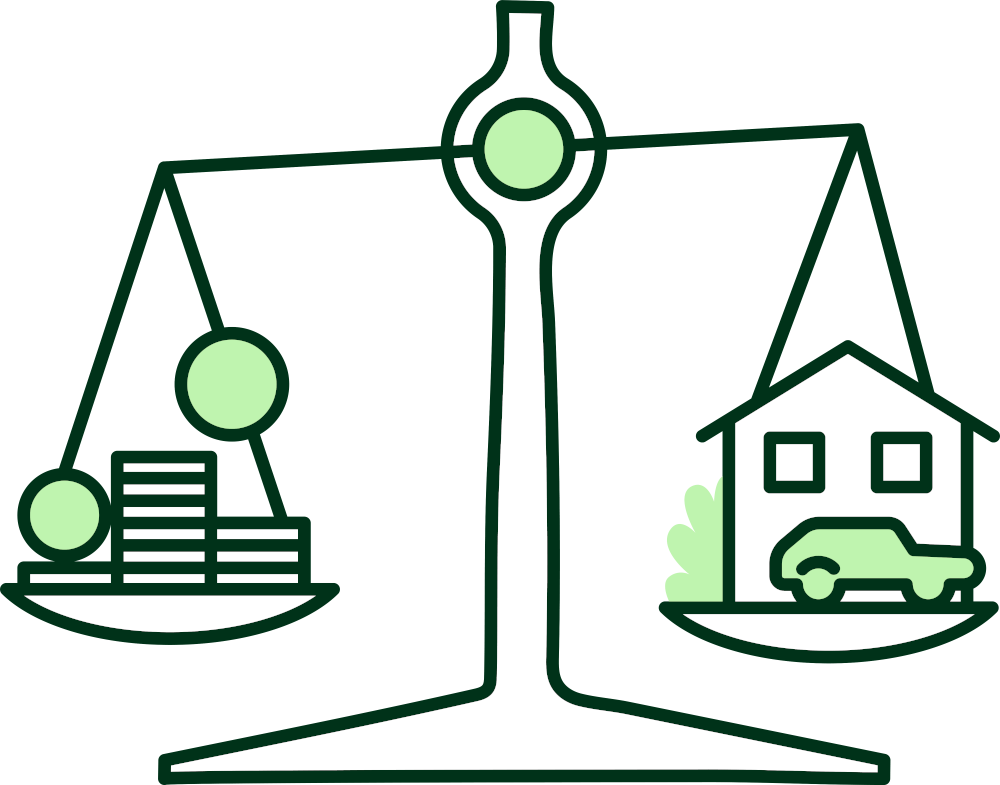What is a court action?
If you are in debt and cannot pay what you owe, your creditor may take court action against you. This will be civil court action, which means that you cannot go to prison for owing the debt.
In Scotland, the person or company taking court action is called the pursuer or claimant. The person who the action is taken against is called the defender or respondent.
Admitting the debt
In this sheet, we assume you do not want to defend the action but want to ask for time to pay the debt back.
Which court process do I use?
In Scotland, debt actions can be started in the sheriff court and the Court of Session. This guide deals with actions in the sheriff court.
There are two different sheriff court procedures:
- Simple procedure – for debts up to £5,000.
- Ordinary cause – for debts over £5,000.
A sheriff runs the court for both procedures, but the simple procedure is less formal.
Simple procedure
You will find out about an action when the court sends documents to you. You should receive the following:
- A copy of the Claim Form.
This shows how much money the claimant wants from you and the reasons for their claim.
- A blank Response Form.
You can use this form to admit or dispute the claim.
- A copy of the Timetable.
This tells you when you must return the Response Form.
- A blank Time to Pay Application.
You can use this to ask to pay by instalments.
Ordinary cause
Under the ordinary cause procedure, you should receive an initial writ. The documents used in ordinary cause procedures are more formal. They include:
- Craves (what the pursuer is asking for).
- Condescendences (the facts claimed by the pursuer).
- Pleas-in-law (the rules and principles which allow the pursuer to claim money from you).
You will probably need specialist help to deal with these documents. National Debtline can assist you to find the right help.
Replying to the court
Reply to court forms within the correct timescales. If you don’t you may end up paying more money in court expenses. The creditor may be able to take steps to enforce the debt.
What happens next?
If you admit the debt and apply for time to pay, the creditor may accept or reject the offer. If they accept, start making payments immediately.
If you have problems with the arrangement, you may be able to ask to reduce the payments. Under the simple procedure, you can normally apply for time to pay. In ordinary cause actions, you may be able to apply for a time to pay direction or a time to pay order.


